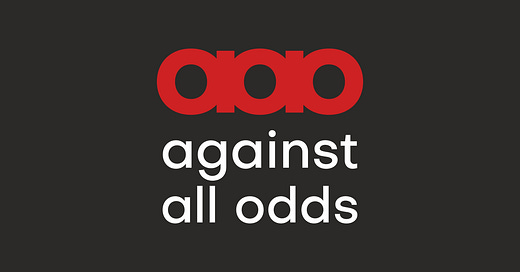Nuclear energy has been quite controversial due to well-known accidents like Three Mile Island, Chernobyl, and Fukushima. However, it's worth noting that nuclear power doesn't emit carbon and offers more reliable energy compared to wind and solar, which depend on weather conditions. The Biden administration sees nuclear energy as a solution to stabilize the power grid and reduce emissions.
The Department of Energy recently reported that even if we use a lot of renewable energy, the U.S. will still need about 200 gigawatts of advanced nuclear power (enough to power 160 million homes) to meet President Biden's net-zero emissions goal by 2050.
The latest update on global uranium markets indicates that they are getting tighter. This is because of factors like the Russian invasion of Ukraine, which raises worries about supply disruptions. This situation is pushing for more secure supply options. This is favorable for North American Uranium companies.
Very recently, Ukraine made an agreement with Canada's Cameco regarding nuclear matters. They've signed a 12-year contract where Ukraine will purchase a sufficient amount of uranium from Cameco. This uranium will be used to fuel all of Ukraine's nuclear reactors. Importantly, both sides have the option to change how much uranium they buy, but they need to give each other two years' notice. What's unique about this agreement is how flexible it is. This flexibility shows that there's a lot of uncertainty due to Russia's war happening nearby. This deal is crucial for both Ukraine and Canada because there's a lot at stake for them.
Nuclear power is expanding as well. Although there was a slight decrease in building reactors in 2022, this is expected to turn around in 2023. Companies are adjusting their supply chains to rely less on Russian sources after the Ukraine invasion.
The use of uranium, a key component of nuclear power, is predicted to steadily grow. This is driven by higher demand in China, Asia, Eastern Europe, and the Middle East.
China is making a significant move in nuclear energy. The Chinese Nuclear Association announced plans to build 24 new nuclear reactors, adding to the 54 they already have. This is part of their efforts to cut carbon emissions. There's also an international alliance forming among the US, France, Japan, the UK, and Canada. They're working together to decrease reliance on Russian fuel producers in the global nuclear fuel market.
URA holdings
URNM holdings
CCJ-Stronger than all. Remember the large caps usually move first in any sector…
Uranium mining companies have caught up and are now doing better than the uranium price itself. This is a way to correct a previous market imbalance.






